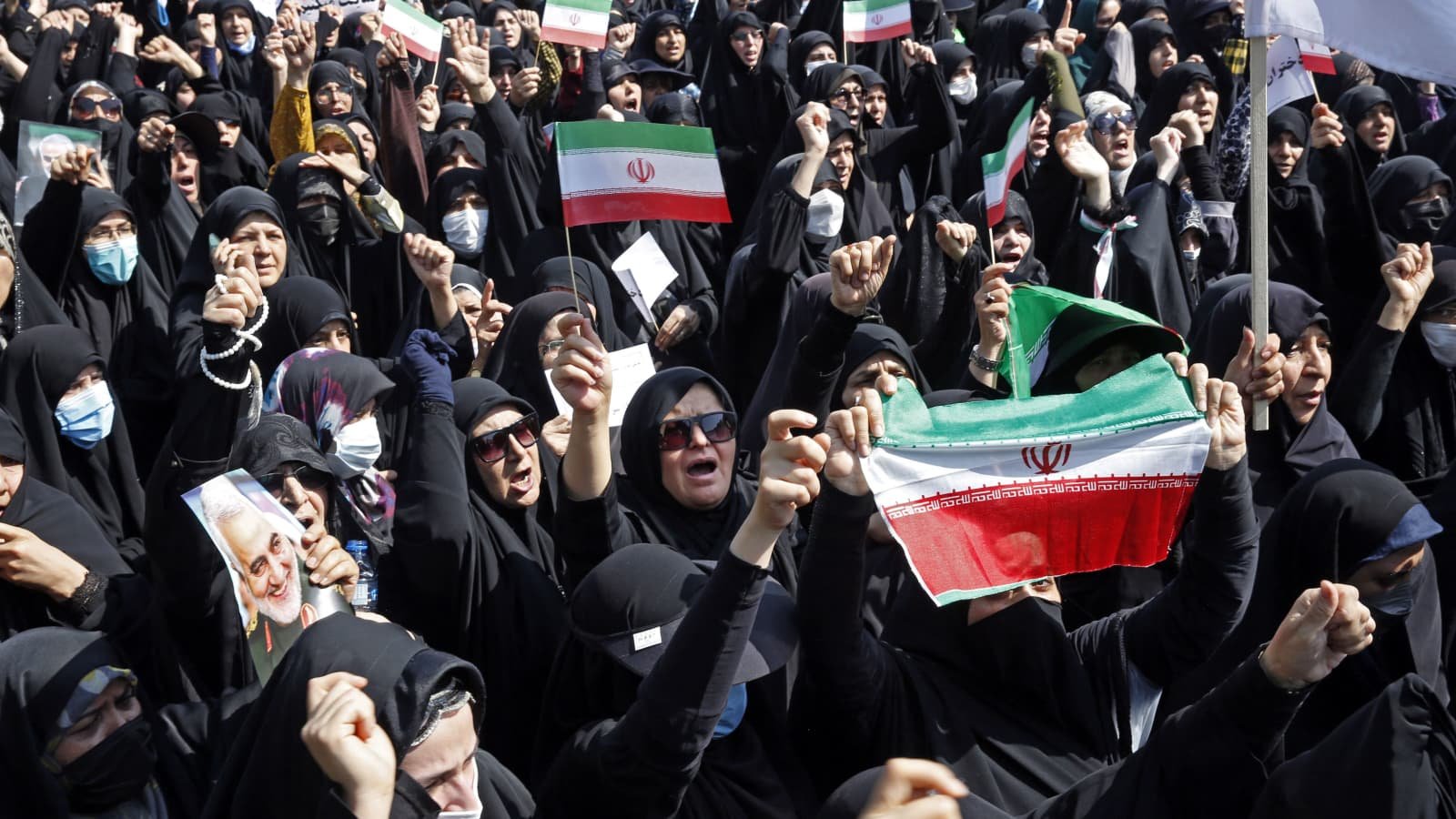Iran Enforces Strict Morality Law: Violations Could Lead to 15 Years in Prison or Death
Iran is set to implement a new morality law that will impose stricter restrictions on women, intensifying the country’s already rigorous dress codes. Under the new law, individuals accused of promoting "indecency, inappropriate behavior, or improper clothing" could face fines up to $15,900, 15 years in prison, and in some cases, the death penalty.
Iran Enforces Strict Morality Law: Violations Could Lead to 15 Years in Prison or Death
Iran Enforces Strict Morality Law: Violations Could Lead to 15 Years in Prison or Death
Iran is set to implement a new morality law that will impose stricter restrictions on women, intensifying the country’s already rigorous dress codes. Under the new law, individuals accused of promoting "indecency, inappropriate behavior, or improper clothing" could face fines up to $15,900, 15 years in prison, and in some cases, the death penalty.
What the Law Entails
The new law mandates the “promotion of purity and the culture of veiling” as a legal requirement. According to the law, individuals found engaging in "indecent behavior" or wearing "unconventional clothing" in connection with international organizations or media could be sentenced to 10 years in prison and a fine.
Under Article 296, those identified as spreading "corruption on Earth" could face the death penalty.
Moreover, businesses, transportation drivers, media outlets, and educational institutions will be penalized if they fail to report women involved in "indecency."
Hard Times for Women
With the law coming into effect, women who defy the strict dress codes will face severe punishment. The law follows the death of 22-year-old Mahsa Amini, which sparked nationwide protests under the banner of "Women, Life, Freedom." Women have been cutting their hair and protesting in the streets to voice their opposition to the government’s treatment of women.
Amnesty International Condemns the Law
Human rights organization Amnesty International has condemned the new law, calling it "shameful." The organization warned that its implementation would intensify the suppression of women’s rights, making daily life even more unbearable for women in Iran.
Diana Eltahawy, Amnesty’s Middle East deputy director, stated, "This law will tighten the shackles of oppression on women and halt their struggle for rights."
International Concern
The new law has raised international concerns, especially regarding the possibility of punishment for individuals outside Iran who support women’s activism. Analysts predict that the law will make life even more difficult for women in Iran, further restricting their rights and freedoms.










